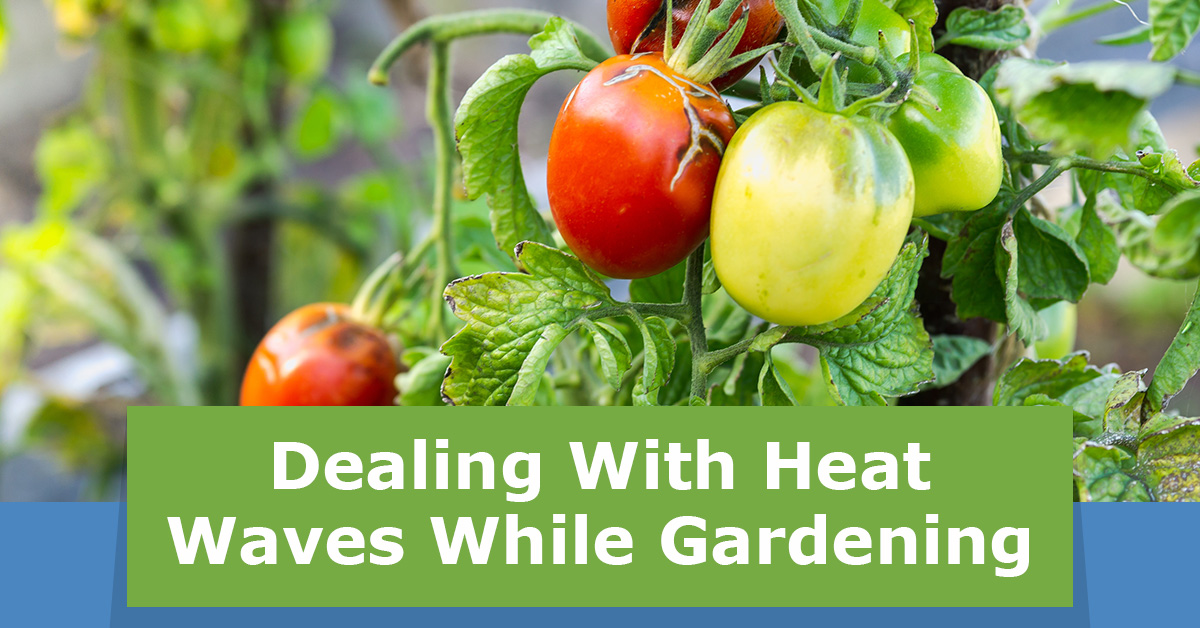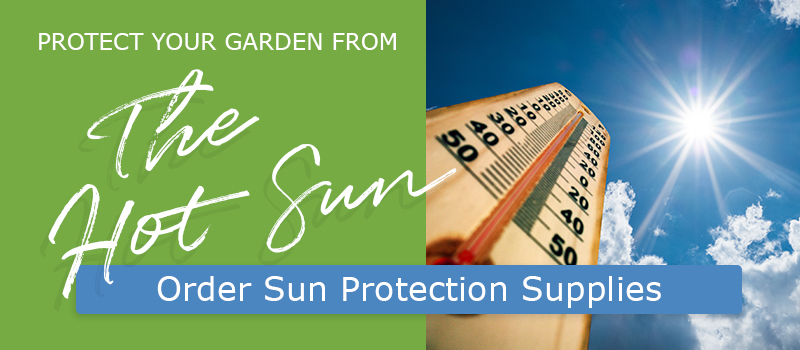
Call us toll free today 800.635.3621
Extreme summer heat can become a serious threat to public health. Here are some tips to protect yourself and your family and neighbors from the effects of a heat wave.
A heat wave is a prolonged period of time with excessive heat and often with high humidity. The heat index is a number that tells how hot it feels, taking humidity into account.
If a heat wave is expected, be prepared.
- If you have air conditioning, be sure the units are installed snugly, insulated, and the filters are clean.
- Use shades, draperies, awnings, or louvers to block heat from coming in through windows.
- Use an attic fan to draw heat out of your home.
- If you do not have air conditioning, go to an air-conditioned location, such as a school, library, or movie theater, for several hours a day.
- Avoid strenuous activities during the hottest parts of the day.
- Wear lightweight, light-colored clothing.
- If you or a family member takes medication, ask your doctor how heat might affect that person's health and if the dosage or timing should be adjusted.
- Check on family, friends, and neighbors who do not have air conditioning or who spend a lot of time alone.
- Stay indoors as much as possible. If you must work outdoors, take frequent breaks.
- Drink water frequently, even if you do not feel thirsty. Avoid alcohol and caffeine. Eat small, frequent meals.
- Do not consume excess salt unless directed to do so by a doctor. Salt can cause swelling and affect sweating.
- Never leave children or pets alone in closed vehicles. Temperatures can quickly rise to deadly levels.
Under normal conditions, the body produces perspiration to cool it off and maintain a constant temperature. During periods of extreme heat and high humidity, evaporation slows down, which makes it harder for the body to maintain a normal temperature. Young or elderly people and those who are ill or overweight are more susceptible to the effects of extreme heat. Men are also more prone to heat-related illness because they sweat more than women and can become dehydrated faster. People who live in urban areas are also at greater risk than those who live in rural environments because stagnant urban air can trap pollutants and concrete and asphalt store heat.
The effects of extreme heat can vary from mild to severe. Heat cramps are muscle pains and spasms caused by heavy exertion during hot weather. They are often the first sign that the body is having trouble coping with the heat.
Heat exhaustion occurs when people exercise or work in hot, humid conditions and sweat excessively. This increases blood flow to the skin and reduces blood flow to vital organs and causes a mild form of shock that, if not treated, can worsen. Heat exhaustion will cause cool, moist, pale, or flushed skin. The person may also experience heavy sweating, headache, nausea, vomiting, dizziness, or exhaustion. The body temperature may be normal or elevated.
Heat stroke, or sun stroke, causes the body's temperature regulating system to stop working. The body temperature can get so high that it can lead to death if not treated quickly. Heat stroke causes hot, red skin. The victim may experience changes in consciousness, a rapid and weak pulse, and rapid, shallow breathing. The body temperature can rise as high as 105 degrees. The person may or may not be sweating.
If someone experiences heat cramps, move him or her to a cooler place. Lightly stretch the affected muscles. Have the person rest and drink a half glass of cool water every 15 minutes.
To treat heat exhaustion, move the person to a cooler place, remove or loosen tight clothing, and apply cool, wet cloths. Have the person rest and drink a half glass of cool water every 15 minutes.
If a person is experiencing heat stroke, call 911. Move the person to a cooler location and cool the body quickly with a cool bath or wet sheets. Have the person lie down and drink water, if possible. Watch for signs of breathing problems.
If a heat wave is in the forecast, be prepared and take precautions to protect yourself and others. Be aware of extreme heat's effects so you will be able to recognize the signs and take action to treat them.

